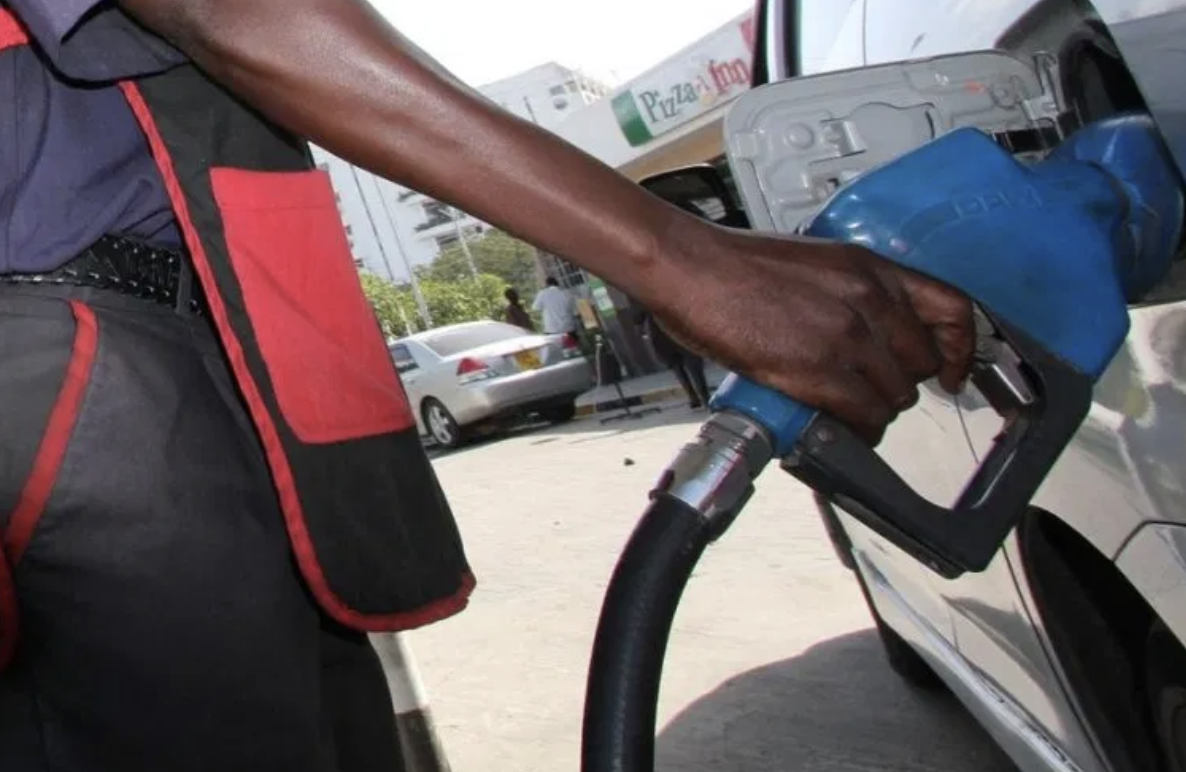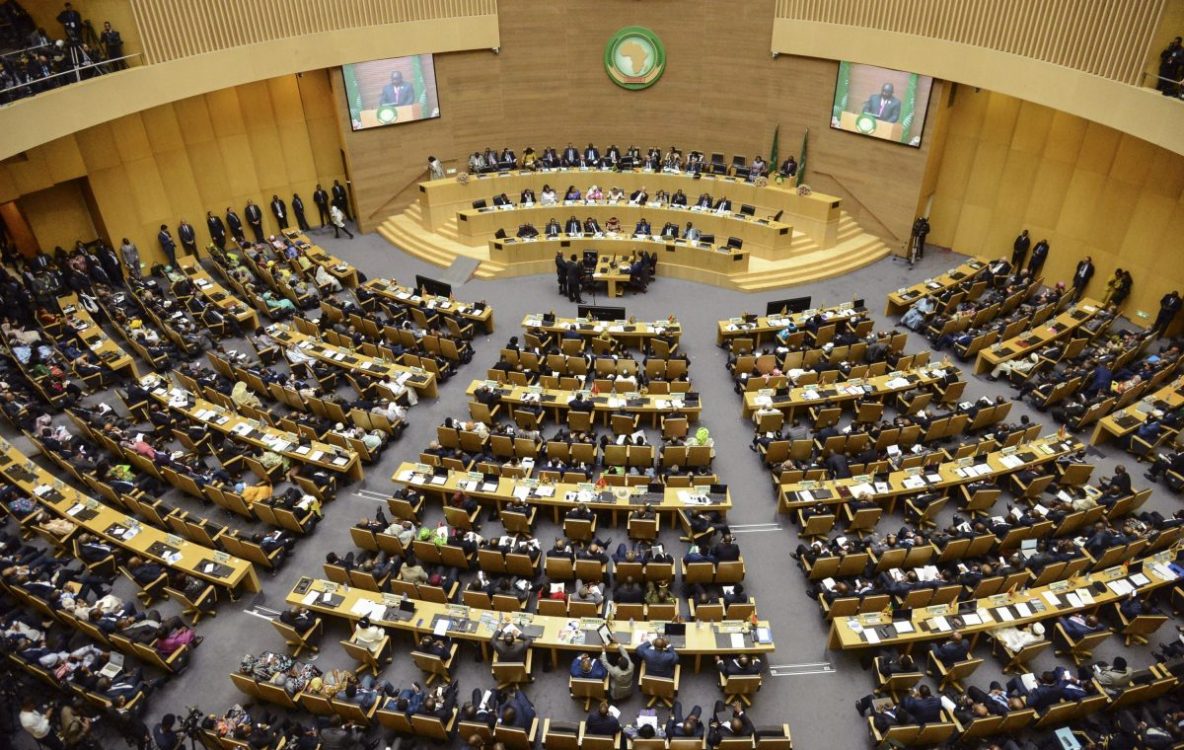Relief for poor as cooking fuel cost drops by Sh18

Noel Wandera @NoelWandera5
Kerosene users, majority of them urban poor, were yesterday handed a huge relief to enable them cope with the coronavirus economic crisis.
In new fuel prices announced by the Energy and Petroleum Regulatory Authority (Epra), the price of kerosene dropped by Sh18.8.
On the whole, consumers will enjoy cheaper fuel prices for the next 30 days following a massive dip in cost of petrol and diesel which will go down by Sh18 and Sh4.09 respectively per litre.
But Kipiriri MP Amos Kimunya warned that the decision will be counterproductive, saying such a reduction would affect the economy adversely because of likely hoarding of the fuel products.
“Reducing fuel prices by Sh18 is ill-advised. It will adversely affect the market because dealers will start hoarding fuel,” he said in Parliament.
Reacting to the price cuts that many Kenyans have been calling for to cushion the vulnerable suffering the brunt of the Covid-19 impact, Consumers Federation of Kenya (Cofek) secretary general Stephen Mutoro said there would be significant gains for consumers.
“Apart from kerosene at the petrol station, Kenya has never had a history of lowering consumer good prices unless we make certain demands. In our view, we do not agree with business people who are saying they will not reduce prices of consumer goods,” he said.
18-year low
In Nairobi, consumers will pay Sh92.87, Sh97.56 and Sh77.28 for super petrol, diesel and kerosene respectively, having previously paid Sh110.87, Sh101.65 and Sh95.46.
The price reduction, which takes effect today, remains in force until May 14, and is attributable to lower global oil prices which have plunged to an 18-year low at below $23 (Sh2,436) a barrel.
The drop comes in the wake of economic lockdown across the world which has led to contraction in demand and triggered a glut of the commodity in the market.
The world’s oil supply has continued to exceed demand in recent weeks as the Coronavirus epidemic halts the world economic growth.
Opec producers and allies have, however, agreed on a record oil deal that will slash global output by about 10 per cent, a move that could see oil prices go up.
The deal, agreed on Sunday via video conference, is the largest cut in oil production ever.
Production cut
Some 9.7 million barrels per day will be cut by Opec oil producers and allies.
Opec+ had said it would cut production in May and June by 10 million barrels a day to help prop up prices. The cuts will then be eased gradually until April 2022.
Epra director general Parvel Oimeke said the landing cost of imported kerosene had reduced by 37.7 per cent from $421.2 (Sh44,609) per cubic metre to $262.44 (Sh27,794.8) per cubic metre.
“Diesel decreased by 9.89 per cent from $480.21 per cubic metre to $432.70 per cubic metre while petrol decreased by 34.61 per cent from $472.59 per cubic metre to $309.03 per cubic metre,” he said.
With low fuel prices, Kenyans would have hit the road to travel to various destinations across the country, but with the lockdown, many are left with no option but to stay home.
“Where will we go in this lockdown? There is no money to even fill the tank,” John Omambia told People Daily on phone.
The dip will, however, not bear much fruit going by what stakeholders and analysts are saying.
“People are not moving. So do not expect a lot of changes from transporters. As a matter of fact we have been asking for tax relief,” said Matatu Owners Association chairmain Simon Kimutai.
Kimutai said that despite the huge dip in prices, trips have reduced by up to 20 per cent, and that operators will not feel much relief.
Senior Research Analyst at Genghis Capital Churchill Ogutu said the dip would reduce the country’s current account deficit and hold everything else constant. He added that it would not pile pressure on the shilling while at the same time easing inflation.
“It will have a direct impact bearing in mind that transport costs account for 30 per cent of agricultural inputs. I do not expect a significant change in electricity cost because already, the cost of thermal is low as a percentage of the energy mix,” he said.
Chairperson of the Cereal Millers Association (CMA) Paloma Fernandez said if there is a benefit, they will pass it to the consumer, saying 80 per cent of their costs are predominantly raw material.
However, Retail Trade Association of Kenya (Retrak) chief executive, Wambui Mbarire said if producers cut the prices of goods, they would push the benefits to consumers.
“These are uncertain times, and we shall pass the benefits if they reach us,” he said.












